Racism – the ugly monster that has been dividing Singapore. There seems to be an urgency to dissect this beast. According to an article published by Harvard University, at its root, “racism is ‘an ideology of racial domination’ in which the presumed biological or cultural superiority of one or more racial groups is used to justify, or prescribe the inferior treatment or social position(s) of other racial groups.” At its core, racism is “the differential treatment enacted by an individual, group, or organisation on individuals, based on assumptions of a group’s phenotypic, linguistic, or cultural differences”.
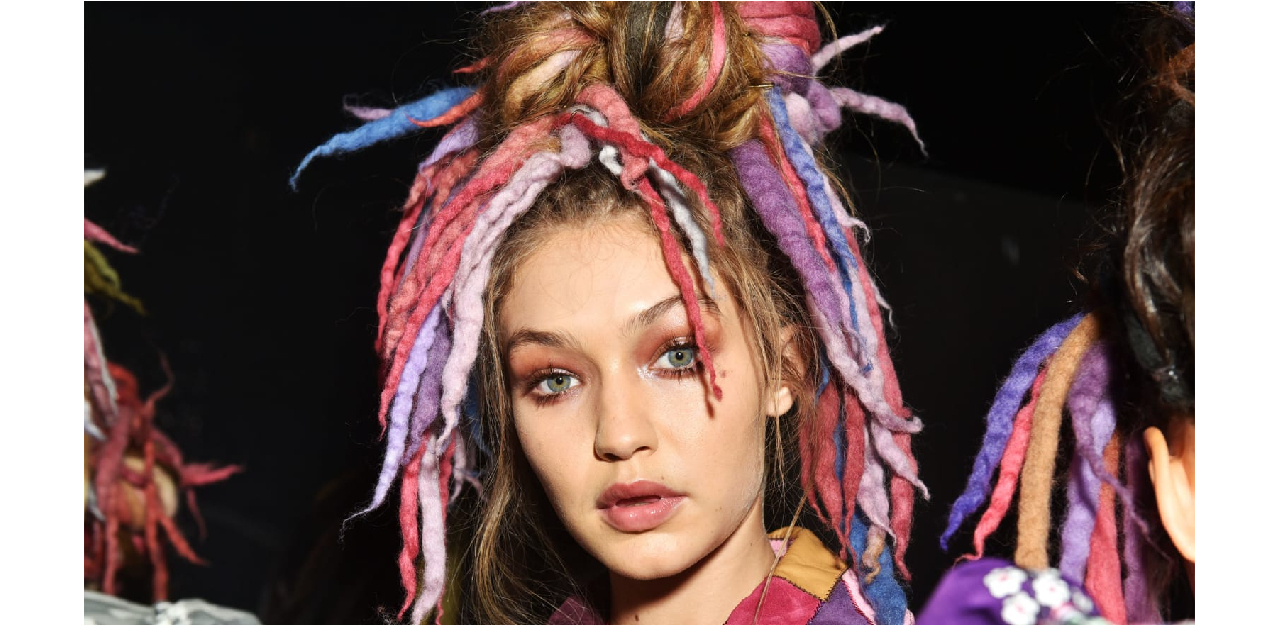
When it comes to milder forms of racism, the hot button issue of cultural insensitivity and cultural appropriation is all the rage too.
Referencing working definitions by the City of New York, the former is “being [unaware] that cultural differences and similarities between people exist without assigning them a value – positive or negative, better or worse, right or wrong – and [these cultural differences] have an effect on values, learning and behaviour.”
As for cultural appropriation, while some may assert that it is an expression of admiration for a particular culture, critics say it minimises or trivialises a culture’s tradition or history.
American historian and cultural theorist George Lipsitz describes cultural appropriation as “when an element of culture is adopted from a marginalised group without respect for its cultural meaning or significance, or with the purpose of exploiting the culture for economic or social gain.”
The grey area is whether the three issues are the same in all contexts, and the expressions necessarily offend or degrade in every instance?
The core difference between racism and cultural insensitivity
What started out as an infringement of privacy and intellectual property rights when a standee of a Malay couple’s wedding photo was used as Hari Raya Aidilfitri decorations at a Housing Board estate in Radin Mas constituency, evolved into an uproar over racism and cultural insensitivity. Sarah Bagharib, 30, was offended that her wedding photo was “caricatured for entertainment and amusement”, she says, when the People’s Association (PA) “blew it up and cut out our faces.”

On top of viewing the action as a “culturally insensitive” depiction of Hari Raya, Ms Sarah had called the incident “racist” as it “perpetuates the racist culture”. Hari Raya Aidilfitri, also known as Eid, is a celebration by Muslims to mark the end of fasting during the Islamic holy month of Ramadan. Since the incident erupted, the PA has apologised. PA and Tanjong Pagar Town Council’s Chief Executive Director, Lim Hock Yu, also apologised to Ms Bagharib by e-mail.
But the hardlined debate came down to not whether it was culturally insensitive or not, but whether it was considered racist. Tan Ern Ser, Associate Professor in the Department of Sociology at the National University of Singapore, says that while they are “obviously interrelated, racism is the broader concept characterised by its consequences for oppression and exploitation, while cultural insensitivity could be experienced as hurtful, mocking, and insulting to the cultural practices of others”.
Jo Potter, a singer-songwriter based in Singapore who often has to be watchful that her music does not cross over into racism, shares these assertions: “Racism is prejudice and discrimination against a person or people on the basis of their ethnicity or religion, which is done with malice, intent, and utmost ignorance.”
A letter by Hanafi Ahmad to the Straits Times on 19 June also opined that the incident was not racism. He qualifies the difference between “racism” and “cultural ignorance” as whether it haboured “malicious intent”, or was out of “sheer ignorance”.

Mr Hanafi further warns that being quick to classify everything as being discriminatory towards a race or culture is “divisive, and stokes emotions and sentiments which could hurt our [Singapore’s] social fabric.” He also writes that such accusations will “trivialise real examples of racism that exist in our society.”
Assoc Prof Tan agrees with this point and believes “it is a case of invasion of privacy, using proprietary material without permission, and a culturally insensitive, but not [a] racist act.”
Ms Potter echoes these thoughts because to her, “cultural insensitivity is mostly due to ignorance. The difference is that insensitivity is usually done without intention.”
The use of the standee was hurtful, mocking, and insulting to the cultural practices of others, as noted by Assoc Prof Tan. But, some have argued that since it was not oppressing or exploiting the Malay culture or race, it cannot be deemed as racist.
The danger in lumping different issues together, according to Finance Minister Lawrence Wong, is instead of “[expanding] the space for agreement that [deepens] cross-cultural understanding, Singaporeans narrow it and “cause defensiveness and suspicion [and] instigate a ‘them vs us’ dynamic”.
Cultural appropriation vs cultural appreciation
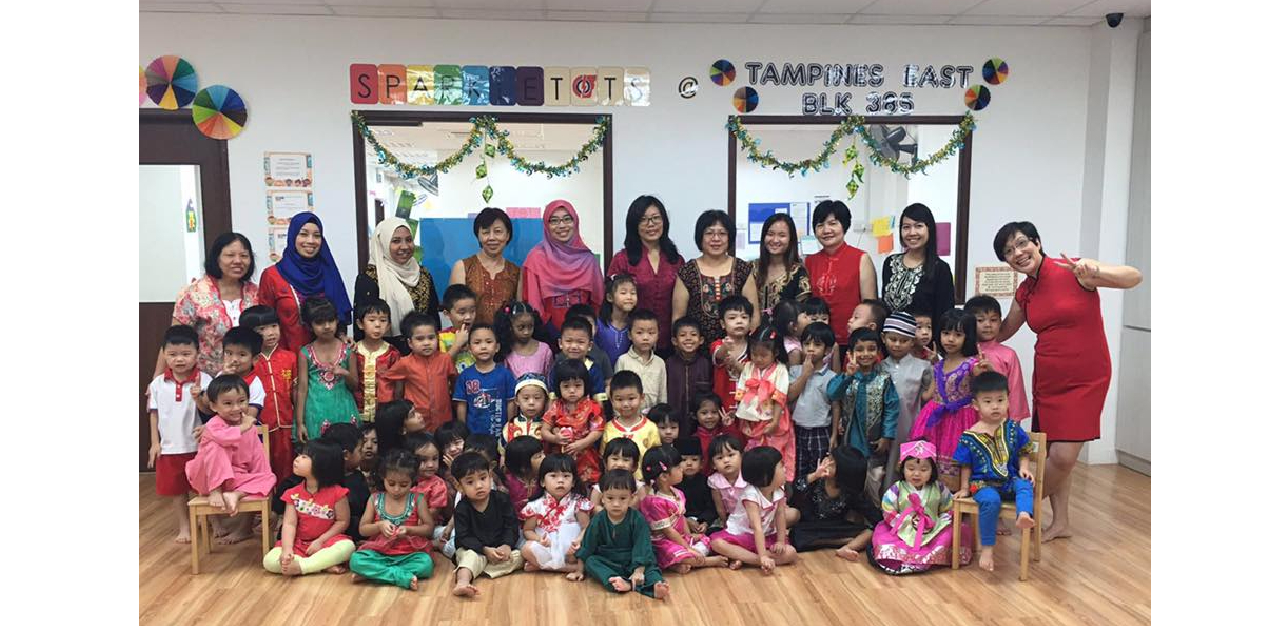
There is another social issue related to racism – cultural appropriation. Whenever Racial Harmony Day rolls around in Singapore on 21 July, students in schools and even employees at work don traditional outfits that are not from their own ethnicity. This practice is meant to celebrate diversity and racial integration.
The tradition, however, might come across as cultural appropriation instead of cultural appreciation, since wearing another cultural costume does not equate to understanding or appreciating a culture. According to Greenheart International, a non-profit organisation, cultural appreciation is when “someone seeks to understand and learn about another culture in an effort to broaden their perspective, and connect with others cross-culturally.”
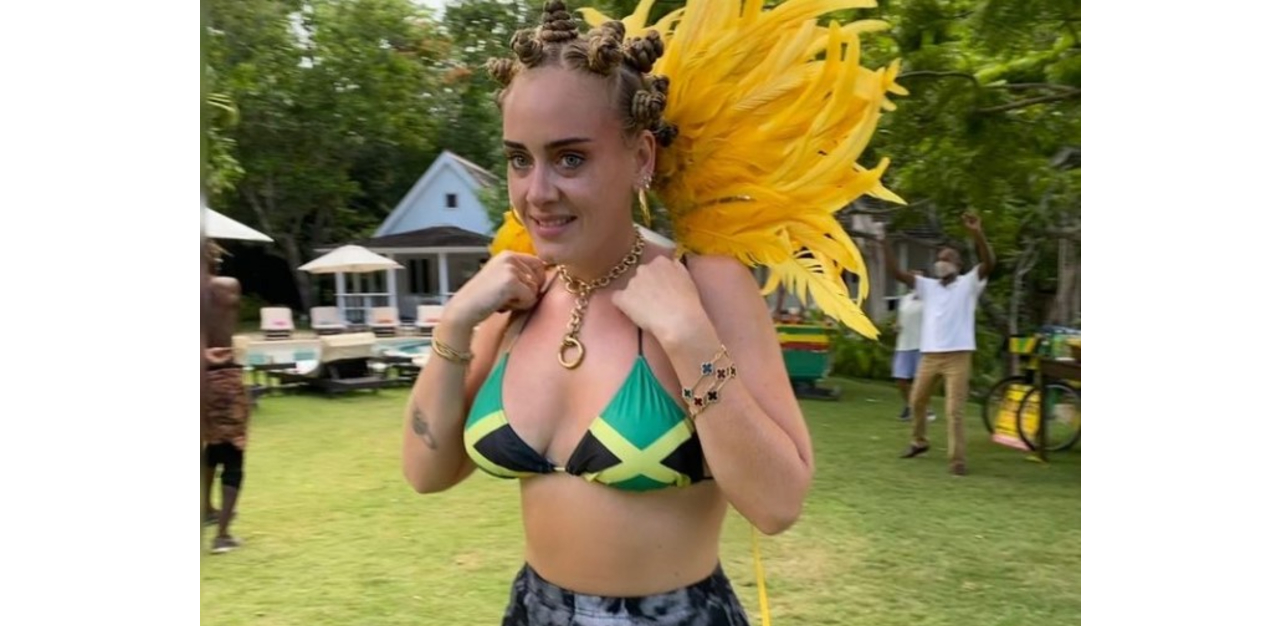
The fine line lies in whether the society has multicultural integration and composition. Take for example in the case of Adele who posted a picture of herself in August 2020 wearing bantu knots and a Jamaican flag bikini top at the annual Notting Hill Carnival. She was swiftly cancelled for appropriating Jamaican culture when she was not of that ethnicity. Supporters and Caribbean netizens defended her as they acknowledged that UK is multicultural. Some of the comments included: ‘You are a product of multicultural Britain’ and ‘Thanks for honouring us and highlighting the powerful influence Jamaican culture has in the UK, and around the world!’
The argument for Adele was that she was born and raised in London, hence she would have interacted with people of Jamaican descent and grown up surrounded by their culture. In turn, she might have a greater understanding of the culture as she has integrated it into her life. Saurav Dutt, an Indian-born British novelist, declassified Adele’s outfit as cultural appropriation because that action “arises when people, anyone, takes aspects of another culture specifically to mock or disrespect them”.
Ms Potter has the same understanding: “There is a copious amount of cultural appropriation in music for the sake of profit,” she says. For example, “if a White, middle class kid raps about a hard life, then it is extremely inauthentic.” If “I write about what I know, this preserves my integrity,” and my experience authenticates my lyrics, Ms Potter elaborates.
If someone like Adele was “enjoying something and being fascinated by it” then it “doesn’t mean you are appropriating it,” Mr Dutt tells Insider.
Similarly in Singapore. The nation has always been multiracial and multicultural even before its independence in 1965. Singaporeans understand the significance of other races’ holidays; traditional goodies and treats are sold at all supermarkets during racial or religious festivals; a diverse range of cuisines representing the make-up of Singapore’s citizens are ubiquitous at hawker centres. Thus, it has been argued that the wearing of costumes during Racial Harmony Day is an expression of the integration and appreciation, and not one of cultural appropriation associated with mockery or ignorance.
Why blurred lines and conflation of issues exist

According to a Google trend search on the term ‘cultural appropriation’, the interest peaked to 65 points in June 2021, more than double that in June 2016. 100 points represent the peak popularity for the term.
While woke culture and social media have been praised for raising awareness of global crises and mobilising communities to band together, it has also been censured for the perpetuation of ignorance and opportunism in clickbait content.
Nicolas Vanhove, 33 and founder of Tutoroo, argues that this is not caused by social media users, but by the media instead. Tutoroo, which is a Singapore-based language tutoring agency, was at the centre of a controversy involving an ad promoting the English language. First released in January 2019 on Facebook, it shows a man speaking in a British accent asking a woman of Chinese ethnicity for her number at a bar. As she proceeded to narrate her number, it sounded like she was saying ‘sex sex sex, free sex tonight’ when she meant ‘6663629’, which sounds similar when spoken in a thick accent.
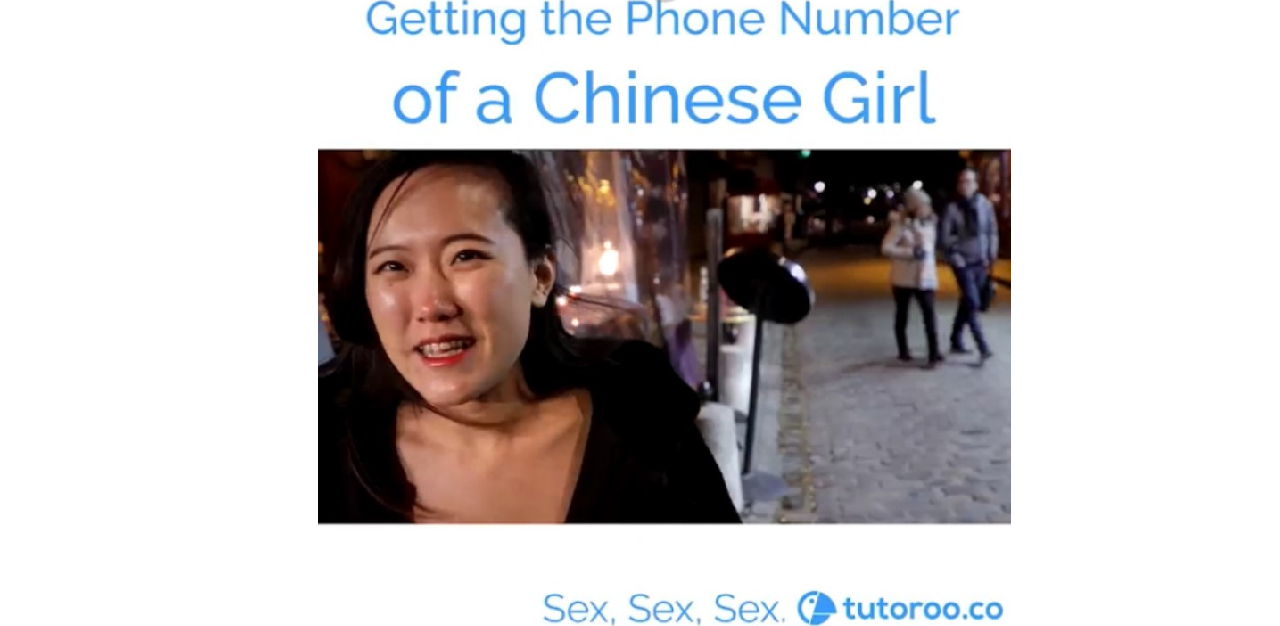
When it was released, Mr Vanhove says “we received [many] views and likes [and] there was not a single negative comment.” But when it was re-released on Twitter in January 2020, a journalist named Yuen Chan caught wind of it on the social media platform, and she said it was racist and sexist towards Asians and women.
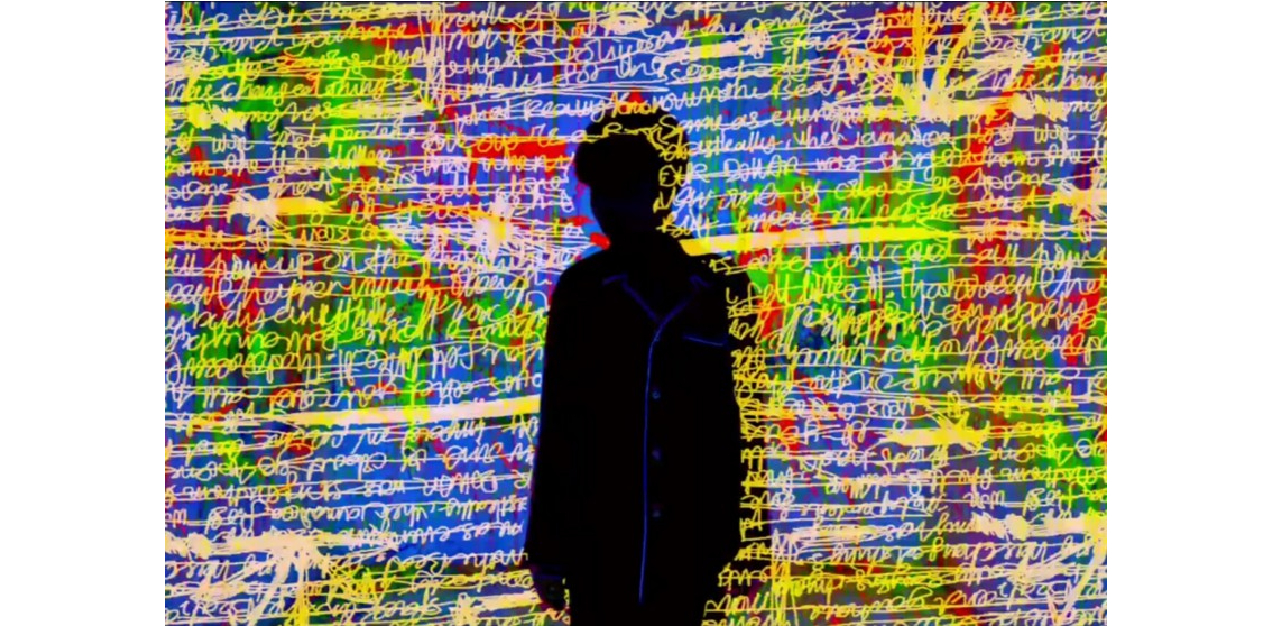
“To me, the media had a lot to do with the uproar of racism and discrimination over the ad. I felt the media caused public confusion and that is the problem – [the media] does not represent the people,” Mr Vanhove opines. He continues saying that because the “media is biased”, it can sway public opinion in perceiving “a fine line [had been] crossed” even if it was not.
In this regard, Assoc Prof Tan warns that while “being ‘woke’ is a good thing, it can be taken to [the] extreme” when people “become too quick, almost hateful, in ‘cancelling’ others, and labelling them guilty of cultural insensitivity, cultural appropriation, or worse, racist.”
Read the first and second parts of this series on racism.
Join the conversations on TheHomeGround Asia’s Facebook and Instagram, and get the latest updates via Telegram.














